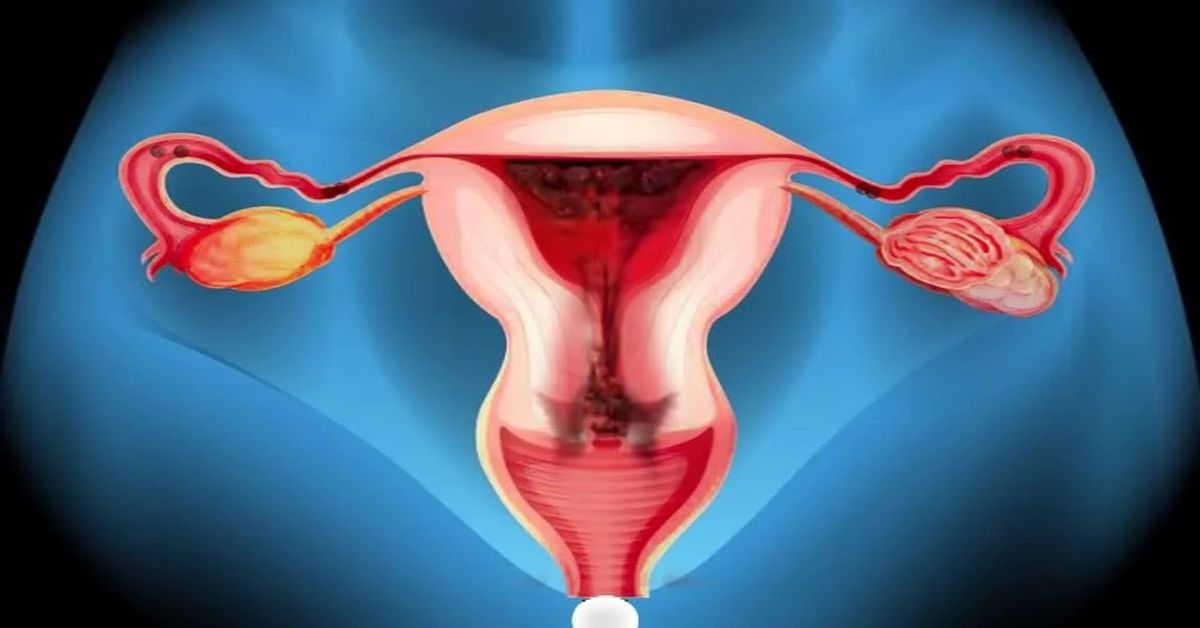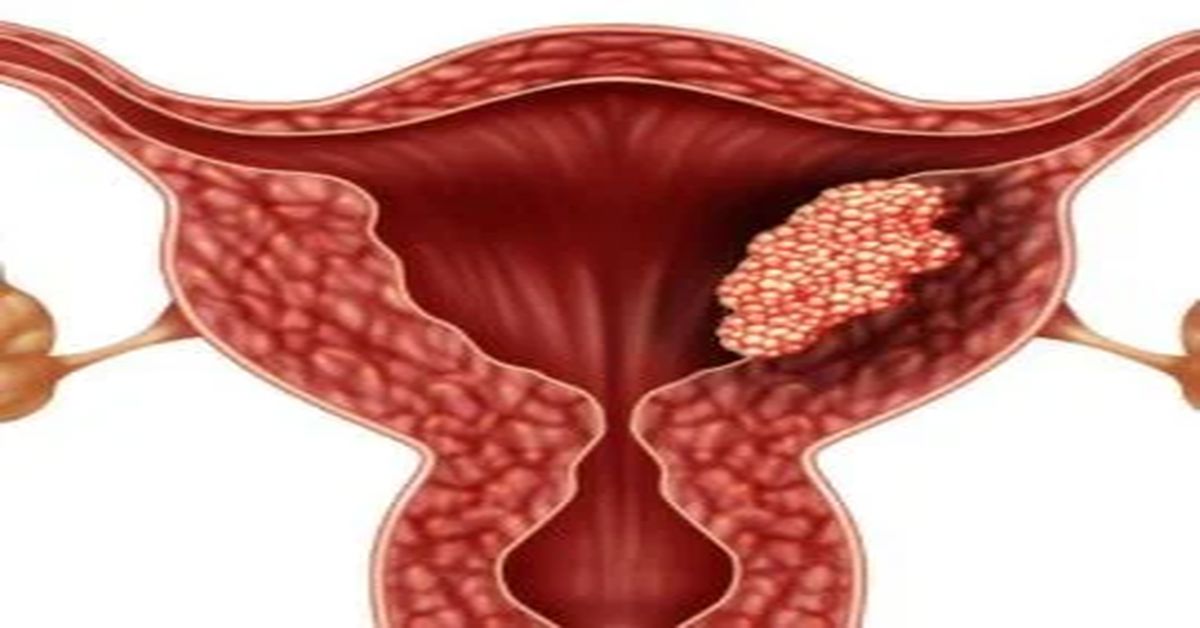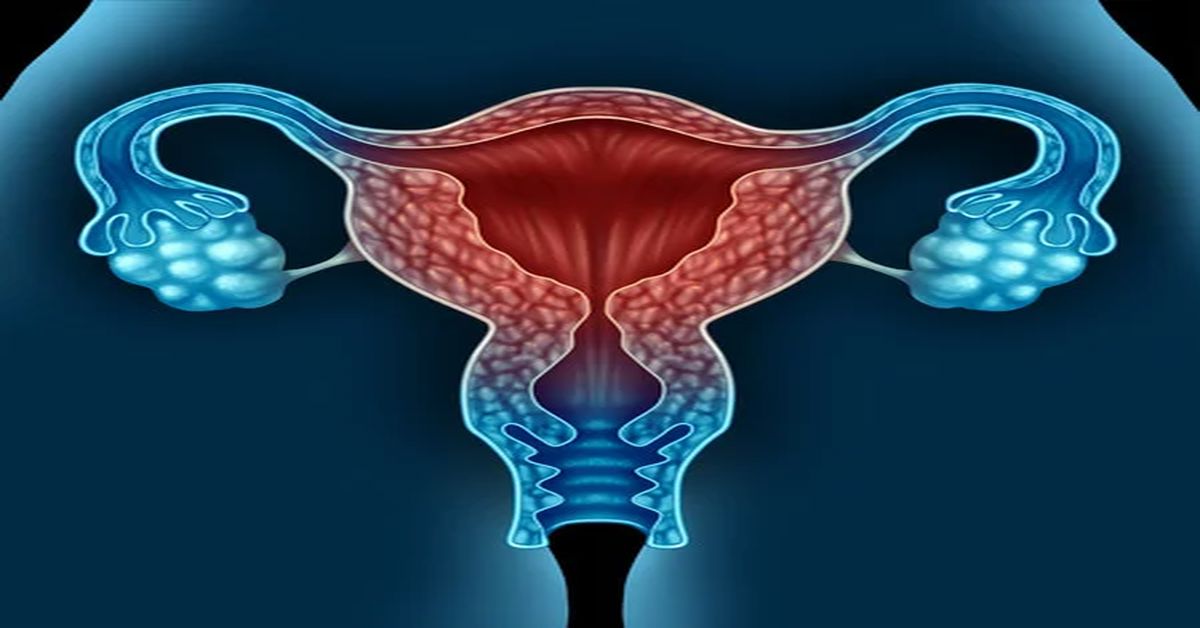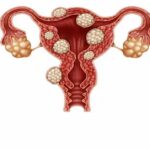It is a mass or tumor that occurs as a result of the uncontrolled proliferation of abnormal cells in the uterus. Uterine tumor It can be benign or malignant (cancerous). It usually shows symptoms such as pelvic pain, abnormal bleeding and urinary problems. Early diagnosis increases the chance of treatment. It is diagnosed with various tests and the treatment plan is determined according to the type of tumor.
Rahim Tümörü Belirtileri Ve Nedenleri
Kadın üreme sisteminde görülen bazı sorunlar erken dönemde belirti vermeyebilir. Bu durum tanının gecikmesine yol açabilir. Adet düzeninde değişiklikler, normalden uzun süren veya daha yoğun kanamalar ilk sinyaller arasında yer alır. Bazı kişilerde kasık bölgesinde dolgunluk hissi ve baskı oluşabilir. Süreklilik gösteren ağrı ve halsizlik de dikkat edilmesi gereken belirtiler arasındadır. Bu şikâyetler her zaman ciddi bir durumu işaret etmese de değerlendirilmelidir.
En sık fark edilen belirtiler adet düzensizlikleriyle ortaya çıkar. Uterine tumor varlığında adet kanamaları normalden daha uzun ve yoğun olabilir. Adet dışı kanamalar da görülebilir. Bazı kadınlar ilişki sırasında ağrıdan şikâyet edebilir. İlerleyen durumlarda idrar yaparken zorlanma veya sık idrara çıkma hissi oluşabilir. Bu belirtiler, rahim çevresindeki organların baskı altında kalmasıyla ilişkilidir.
Nedenler arasında hormonal faktörler önemli bir yer tutar. Özellikle östrojen hormonundaki dengesizlikler rahim dokusunu etkileyebilir. Genetik yatkınlık da riski artıran unsurlar arasındadır. Aile öyküsü olan kişilerde daha dikkatli olunması gerekir. Obezite, hareketsiz yaşam ve geç yaşta menopoza girme gibi durumlar da riski yükseltebilir.
Bazı vakalarda uterine tumor belirti vermeden rutin kontroller sırasında saptanabilir. Bu nedenle düzenli jinekolojik muayeneler büyük önem taşır. Erken dönemde fark edilen sorunlar daha kolay yönetilebilir. Belirtiler hafif olsa bile ihmal edilmemelidir. Zamanında yapılan değerlendirme, doğru tedavi planının oluşturulmasına yardımcı olur ve yaşam kalitesini korur.
Rahim Tümörü Kimlerde Görülür?
Rahim sağlığı, kadın yaşamının her döneminde dikkat gerektiren bir konudur. Yaş, hormonal yapı ve yaşam tarzı bu süreci doğrudan etkiler. Bazı kadınlar farkında olmadan risk grubunda yer alabilir. Bu nedenle kimlerin daha fazla risk taşıdığını bilmek, erken tanı açısından önemlidir. Düzenli kontroller, çoğu zaman belirti vermeden ilerleyen sorunların saptanmasını sağlar.
Rahimle ilgili sorunlar en sık orta yaş ve üzerindeki kadınlarda görülür. Özellikle 35 yaş sonrasında risk artış gösterir. Menopoz öncesi dönemde hormon seviyelerindeki dalgalanmalar rahim dokusunu etkileyebilir. Menopoz sonrasında ise belirtiler daha silik seyredebilir. Bu durum tanının gecikmesine neden olabilir.
Hormonal dengesizlik yaşayan kadınlarda uterine tumor görülme olasılığı daha yüksektir. Özellikle östrojen hormonunun uzun süre baskın olması rahim dokusunda değişimlere yol açabilir. Aile öyküsünde benzer hastalıkların bulunması da riski artıran önemli bir faktördür. Daha önce rahimle ilgili sorunlar yaşamış kişilerde düzenli takip büyük önem taşır.
Obezite ve hareketsiz yaşam tarzı da risk faktörleri arasında yer alır. Vücut yağ oranının artması hormonal dengeyi olumsuz etkileyebilir. Hiç doğum yapmamış ya da geç yaşta menopoza giren kadınlarda riskin daha yüksek olduğu bilinmektedir.
What are the Treatment Methods for Uterine Tumors?
Tedavi planı, hastanın yaşı, genel sağlık durumu ve mevcut şikâyetlerine göre belirlenir. Öncelikle ayrıntılı jinekolojik muayene yapılır. Görüntüleme yöntemleri ve gerekli testlerle durum netleştirilir. Amaç, en uygun ve en güvenli yöntemi seçmektir. Her hastada aynı yol izlenmez. Tedavi bireysel olarak planlanır ve sürecin her aşaması dikkatle değerlendirilir.
Tedavi seçenekleri, uterine tumor tipine ve büyüklüğüne göre değişiklik gösterir. Bazı hastalarda ilaç tedavisi tercih edilebilir. Bu yöntemle hormon dengesinin kontrol altına alınması hedeflenir. Belirtilerin hafifletilmesi ve büyümenin yavaşlatılması amaçlanır. Düzenli takip bu süreçte büyük önem taşır. İlaç tedavisi genellikle cerrahiye gerek kalmadan kontrol sağlamayı hedefler.
İlaç tedavisinin yeterli olmadığı durumlarda cerrahi yöntemler gündeme gelebilir. Cerrahi müdahale, tümörün boyutuna ve yayılımına göre planlanır. Bazı vakalarda yalnızca sorunlu dokunun alınması yeterli olabilir. Daha ileri durumlarda ise farklı cerrahi yaklaşımlar değerlendirilebilir. Bu karar, hastanın doğurganlık beklentisi ve yaşam kalitesi göz önünde bulundurularak verilir.
Tedavi sonrası süreç de en az tedavi kadar önemlidir. Düzenli kontroller, sürecin sağlıklı ilerleyip ilerlemediğini gösterir. Yaşam tarzı düzenlemeleri, tedavinin başarısını destekler. Dengeli beslenme, stres yönetimi ve kontrollerin aksatılmaması önerilir. Erken tanı ve doğru tedaviyle, günlük yaşama güvenle dönmek çoğu zaman mümkündür.
Rahim Tümörü Tedavi Sonrası Süreç Nasıldır?,
Tedavi tamamlandıktan sonra iyileşme süreci dikkatli bir takip gerektirir. İlk dönemde vücudun dinlenmeye ihtiyacı vardır. Günlük aktiviteler yavaş yavaş artırılmalıdır. Ağrı ve hassasiyet kısa süreli olabilir. Doktorun önerdiği ilaçlar ve bakım önerileri bu dönemde önem taşır. İyileşmenin sağlıklı ilerlemesi için acele edilmemelidir.
Tedavi sonrası dönemde düzenli kontroller büyük önem taşır. Bu kontrollerde genel durum değerlendirilir. Gerekli görüldüğünde görüntüleme ve kan testleri yapılabilir. Bu takipler, olası risklerin erken dönemde saptanmasına yardımcı olur. Kontrollerin aksatılmaması, uzun vadeli sağlık açısından önemlidir. Kişinin kendini iyi hissetmesi, sürecin tamamlandığı anlamına gelmez.
Yaşam tarzı düzenlemeleri iyileşme sürecini destekler. Dengeli beslenme ve düzenli egzersiz önerilir. Stres yönetimi de bu dönemde önemlidir. Psikolojik destek, bazı hastalar için süreci daha kolay hâle getirebilir. Vücudu zorlayan alışkanlıklardan uzak durmak, genel sağlığı olumlu etkiler.
İyileşme tamamlandığında uterine tumor nedeniyle oluşan şikâyetler büyük ölçüde azalır. Uzun vadede düzenli jinekolojik takiplerin sürdürülmesi önemlidir. Bu yaklaşım, tekrar riskinin erken fark edilmesine yardımcı olur. Sağlıklı yaşam alışkanlıklarının devam ettirilmesi, genel iyilik hâlini korur. Tedavi sonrası süreç doğru yönetildiğinde, kişi günlük yaşamına güvenle ve daha bilinçli şekilde dönebilir.








